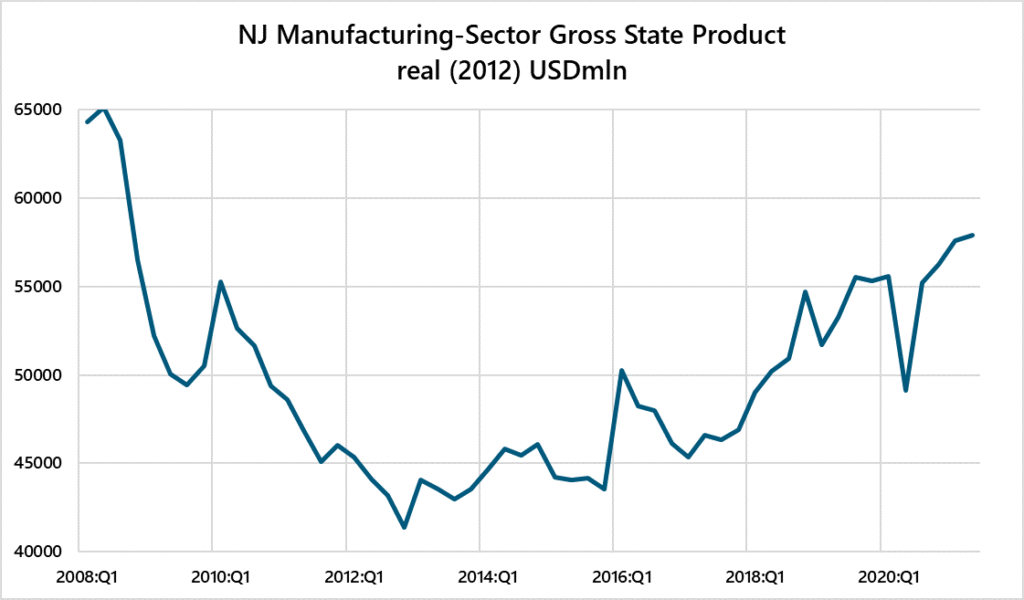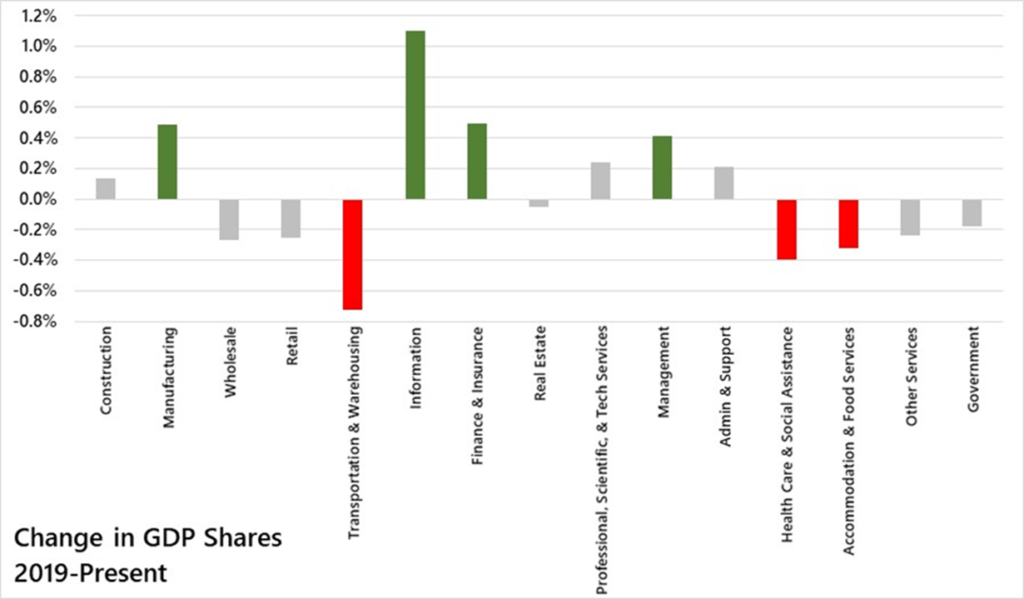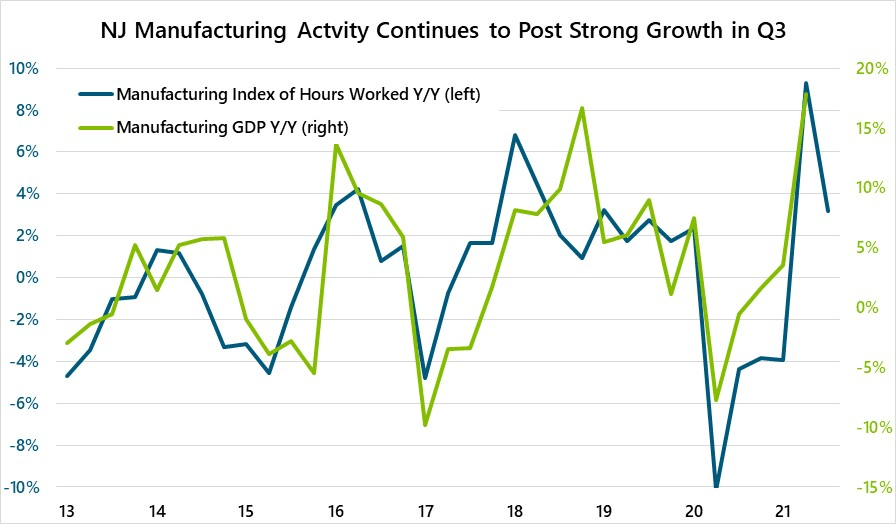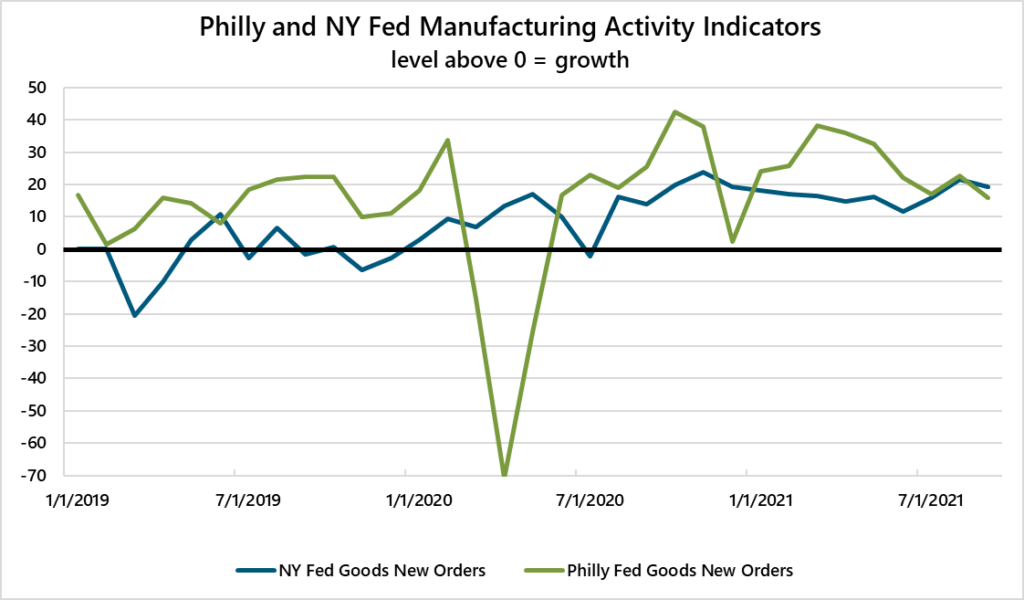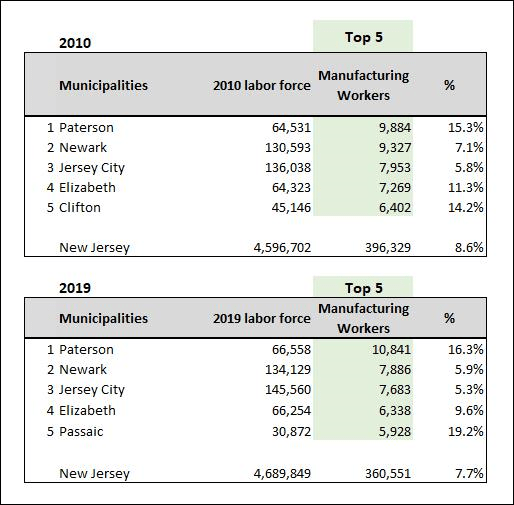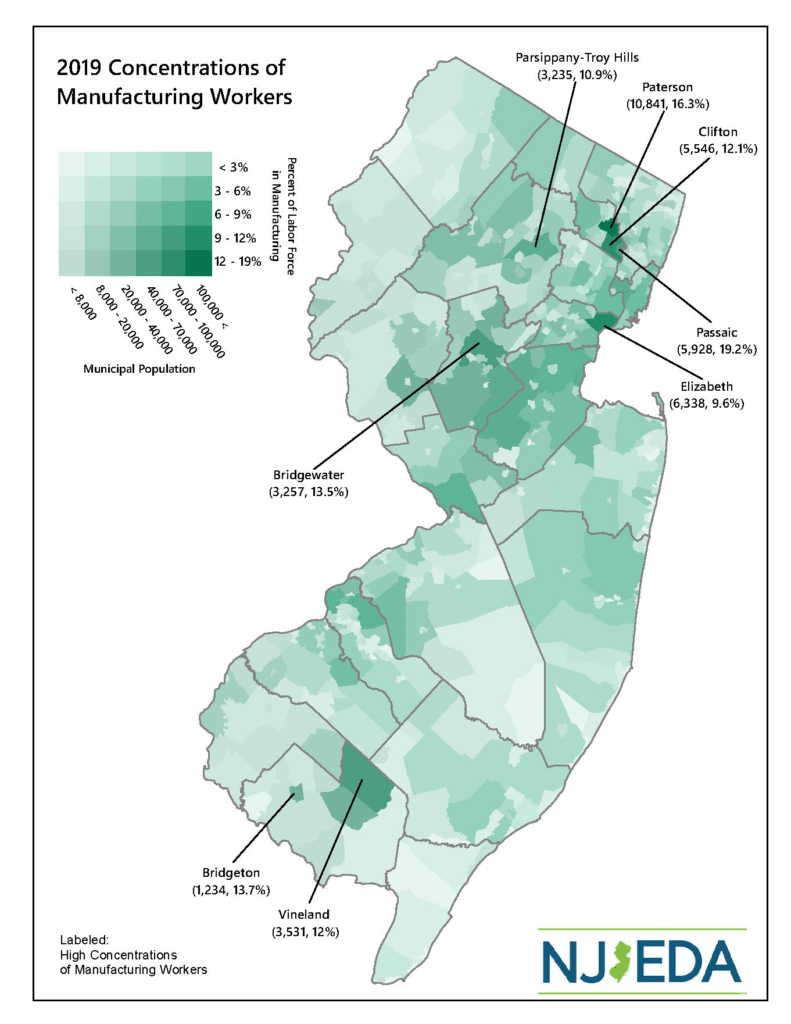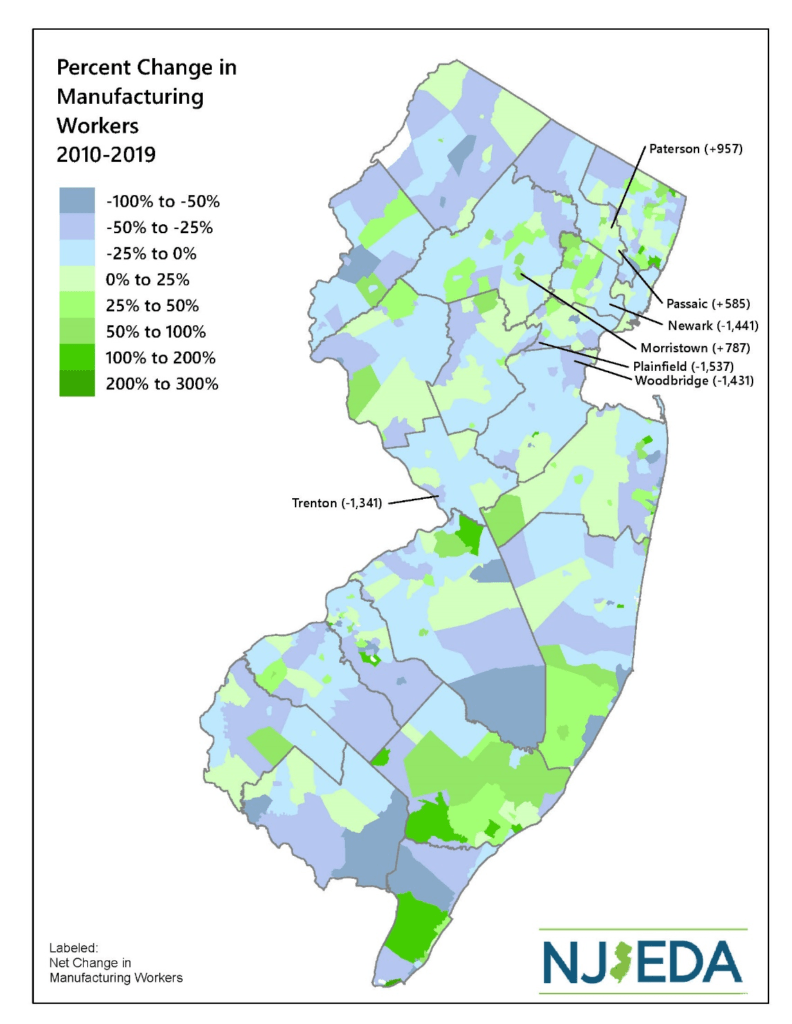NJEDA to Launch Additional Financing Tool for Micro Businesses Next Month
Montclair, N.J. (May 5, 2022) – In celebration of National Small Business Week, the New Jersey Economic Development Authority (NJEDA) today announced plans to open applications for its Micro Business Loan next month, which will make additional funding resources available through the Authority’s Main Street Recovery Program. The NJEDA has already issued nearly $5.5 million in grants through the Main Street Recovery Program.
Governor Phil Murphy’s Fiscal Year 2023 budget proposal includes $50 million for the Main Street Recovery Program. The Governor visited East Side Mags, a comic book store in Montclair to highlight a business that has received this funding.
“Small businesses like East Side Mags are essential to New Jersey’s vibrant and thriving Main Streets,” said Governor Murphy. “As we transition from pandemic to endemic, we must continue to support small businesses as they recover from the devastating impact of COVID19. I am proud to support New Jersey’s small businesses and look forward to seeing their continued resiliency and contributions to our economy and communities.”
“During Governor Murphy’s tenure, we have made historic progress to spur economic growth and support small businesses dealing with the ongoing effects of the COVID-19 pandemic,” said NJEDA Chief Executive Officer Tim Sullivan. “We’re already seeing the impact of the Main Street Recovery Program, as new businesses open their doors, hire new employees and move their local communities forward.”
The Main Street Recovery Program is budgeted to provide $100 million to support the growth and success of small businesses in New Jersey. In just over six months, more than 200 small businesses have been approved for the Small Business Lease Grant and 32 small businesses have been approved for the Small Business Improvement Grant since February. The Small Business Lease Grant provides funding to help businesses who leased or expanded their commercial space in the last twelve months, while the Small Business Improvement Grant reimburses grantees for 50 percent of the cost of capital improvements, furniture, fixtures, and equipment at their facilities.
Realizing the need for access to flexible capital for the early-stage micro businesses the NJEDA will open applications for its Main Street Micro Business Loan in early June. The Main Street Micro Business Loan will offer forgivable working capital loans with a two-percent interest rate and no interest and no payments due for the first year. Eligible micro businesses in New Jersey with 10 or fewer full-time employees and no greater than $1.5 million in annual revenues will be able to apply for financing of up to $50,000. The Micro Business Loan will be available to for-profit, non-profit, and home-based businesses with a business location in New Jersey and that have been in operation for at least six months. Funding will be available on a first-come, first-served basis.
Seeking support for improvements, Kosher eatery Crunch Time was reimbursed through the Small Business Improvement Grant funding for improvements made to its facility prior to opening in mid-2020 to transform the eatery known for burgers, sandwiches, soups and more to the Lakewood community.
“We had a vision to transform an old bakery into a lively and attractive place for families to gather and share a meal,” said Crunch Time Owner Eliezer Kadoch. “We are grateful that funding from the NJEDA’s Small Business Improvement Grant was available to support our dream.”
Another success of support through NJEDA funding is Dreamweaver Equine Center, a non-profit in Ringoes which provides equine-assisted activities and social and emotional learning for individuals of all abilities and ages, starting as young as two years old. With support from the NJEDA’s Small Business Improvement Grant, the minority- and woman-owned nonprofit has increased accessibility throughout the property.
“When we opened our doors in 2020, we knew that people were looking for ways to stay connected while staying safe and having fun,” said Dreamweaver Equine Center Founder and Director Ali Cho. “Our family-friendly learning environment has been extremely well-received by the community, and we are so grateful. Improvements made to our facilities with support from the NJEDA will enable our farm to accommodate more individuals seeking opportunities to connect with our horses and farm critters, furthering our mission to promote mental health and wellness in Hunterdon County and all our surrounding communities.”
About the NJEDA
The New Jersey Economic Development Authority (NJEDA) serves as the State’s principal agency for driving economic growth. The NJEDA is committed to making New Jersey a national model for inclusive and sustainable economic development by focusing on key strategies to help build strong and dynamic communities, create good jobs for New Jersey residents, and provide pathways to a stronger and fairer economy. Through partnerships with a diverse range of stakeholders, the NJEDA creates and implements initiatives to enhance the economic vitality and quality of life in the State and strengthen New Jersey’s long-term economic competitiveness.
To learn more about state resources available to New Jersey entrepreneurs and early-stage companies, visit https://www.njeda.gov and follow @NewJerseyEDA on Facebook, Twitter, Instagram, and LinkedIn.
###




